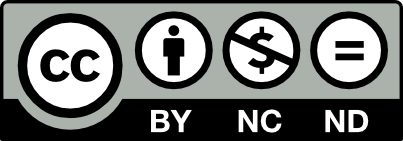A Near Peer Review Task for Japanese Language Learning
DOI:
https://doi.org/10.24191/cplt.v1i2.2878Keywords:
second language learning tasks; peer correction tasks; Japanese as a foreign language learning; learner sociality rights; learner affect; focus on formAbstract
Although much research exists on peer correction practices in ESL/EFL settings (e.g., De Guerrero &Villamil, 2000; Ikeda, 2002; Mendoca & Johnson 1994), little research focuses on this practice in Japanese language classes (Ikeda, 2002). Mendoca and
Johnson (1994) expressed the need to explore what actually occurs during peer correction, particularly as second language learning tasks. In order to fill this gap in the literature, this study investigated a near peer review task, an extension of peer
correction tasks. Here, intermediate learners of Japanese were recorded as they graded the written homework of their near-peers (high beginning learners) enrolled in a different class in a large university in the U.S. As they corrected grammar-focused
homework of their near peers, the two participants used their L1s and L2s (Japanese) creatively to discuss linguistic issues raised by the beginning level learners’ responses on the homework, and also to manage their affective interaction. While negotiating
meaning, often in Japanese, they focused on specific linguistic forms, which is thought to be a condition in which second languages are acquired. Consistent with previous findings on the benefits of peer correction tasks, this study suggests the usefulness of near peer correction tasks, which integrate focus on form and meaning.
Published
How to Cite
Issue
Section
License
Copyright (c) 2024 Hiroaki Umehara, Greta Gorsuch

This work is licensed under a Creative Commons Attribution 4.0 International License.








